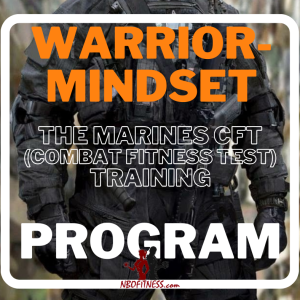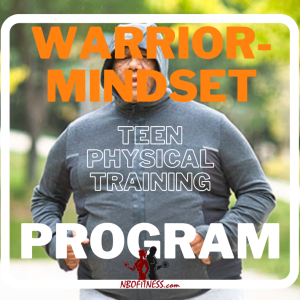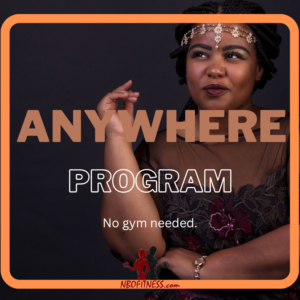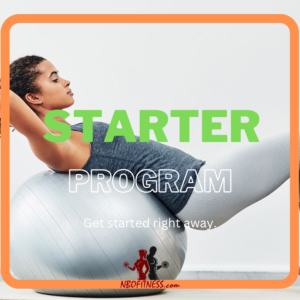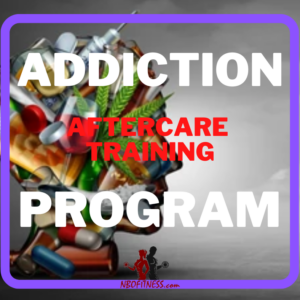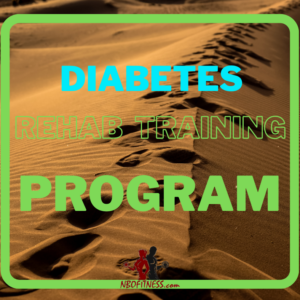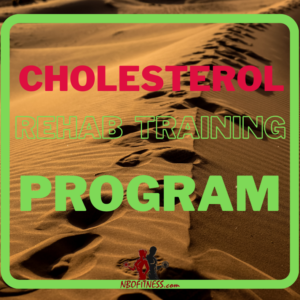
High blood pressure, or hypertension, is a common but serious condition that can lead to significant health problems if left unmanaged. The good news is that it can often be controlled or even reversed through lifestyle changes.
Reviewed by Evans Mwaniki, PT
Introduction
At Nairobi Fitness Consulting, we advocate a holistic approach that combines exercise, nutrition, and psychology. In this article, we’ll provide specific, actionable steps you can start implementing today to lower your blood pressure and improve your overall health.
Exercise: The Heart-Healthy Habit
1. Start with Aerobic Activities
Aerobic exercise is highly effective in lowering blood pressure. You don’t need a complicated workout routine; just incorporate these activities into your daily life.
- Brisk Walking: Aim for at least 30 minutes of brisk walking most days of the week. Break it into two 15-minute sessions if that’s more manageable.
- Cycling: Ride a bike for 20-30 minutes, three to four times a week. If you don’t have a bike, stationary cycling works just as well.
2. Incorporate Strength Training
Strength training not only helps lower blood pressure but also improves overall fitness and body composition.
- Body-Weight Exercises: Start with body-weight exercises like squats, push-ups, and planks. Aim for two to three sessions per week.
- Resistance Bands: Use resistance bands for a simple and effective strength workout. They are easy to use at home and can be taken anywhere.
Nutrition: Eating Your Way to Lower Blood Pressure
1. Adopt the DASH Diet
The Dietary Approaches to Stop Hypertension (DASH) diet is specifically designed to help lower blood pressure.
- Fruits and Vegetables: Fill half your plate with fruits and vegetables. Opt for a variety of colors to ensure a range of nutrients.
- Whole Grains: Replace refined grains with whole grains like brown rice, quinoa, and whole wheat bread.
2. Reduce Sodium Intake
Excess sodium is a major contributor to high blood pressure. Here’s how to cut back without sacrificing flavor.
- Read Labels: Check food labels for sodium content. Aim for no more than 2,300 mg of sodium per day, and ideally under 1,500 mg.
- Herbs and Spices: Use herbs, spices, and lemon juice to season your food instead of salt. Experiment with flavors like garlic, basil, and rosemary.
Psychology: Mindset and Stress Management
1. Practice Mindfulness
Mindfulness can significantly reduce stress, which in turn helps lower blood pressure.
- Meditation: Spend 10-15 minutes each day meditating. Focus on your breath and let go of stressful thoughts.
- Deep Breathing: Practice deep breathing exercises. Inhale deeply through your nose, hold for a few seconds, and exhale slowly through your mouth.
2. Set Realistic Goals
Setting achievable goals helps you stay motivated and reduces feelings of overwhelm.
- Short-term Goals: Start with small, attainable goals such as reducing your sodium intake by half or walking for 10 minutes a day.
- Long-term Goals: Gradually work up to more challenging goals like completing a 5K walk/run or adopting the DASH diet fully.
Simple Steps to Start Today
1. Monitor Your Blood Pressure
- Home Blood Pressure Monitor: Invest in a home blood pressure monitor and check your readings regularly. This helps you stay aware of your progress and identify patterns.
2. Plan Your Meals
- Meal Prep: Take time each week to plan and prepare your meals. This makes it easier to stick to a healthy eating plan.
- Healthy Snacks: Keep healthy snacks like fresh fruit, nuts, and yogurt on hand to avoid reaching for high-sodium options.
3. Increase Physical Activity
- Active Breaks: Take short breaks throughout the day to stand up, stretch, and move around.
- Stair Climbing: Opt for the stairs instead of the elevator whenever possible.
4. Stay Hydrated
- Drink Water: Aim for at least eight glasses of water a day. Replace sugary drinks and sodas with water or herbal tea.
Conclusion
Reversing high blood pressure is a journey that requires commitment and a multifaceted approach. By incorporating these simple, actionable steps into your daily routine, you can take control of your blood pressure and improve your overall health. Remember, consistency is key, and small changes can lead to significant improvements over time.
At Nairobi Fitness Consulting, we believe in treating the root cause of health issues, for both Normal Weight Obesity and Visible Obesity, rather than just the symptoms. We help you with obesity screening, early diagnosis, treatment and long-term exercise therapy training. Our Obesity Treatment Centre and Human Performance Institute are dedicated to helping individuals reclaim their health through a holistic and multidisciplinary approach.
Our teams include:
- Doctors: Medical professionals who diagnose and treat obesity-related conditions.
- Physiotherapists: Experts who design and prescribe exercise therapy training regimens that target visceral fat and improve overall metabolic health through consistent and guided physical activity to reduce body fat percentage and enhance physical fitness.
- Nutritionists: Specialists who create personalized diet plans to promote healthy eating habits, weight loss and overall health.
- Psychologists: Professionals who help clients address emotional and psychological barriers to health, providing the support for behavioral changes and address issues related to obesity and treatment adherence to maintain a healthy lifestyle.
This comprehensive approach ensures that all aspects of a client’s health are addressed, leading to more effective and sustainable outcomes.

